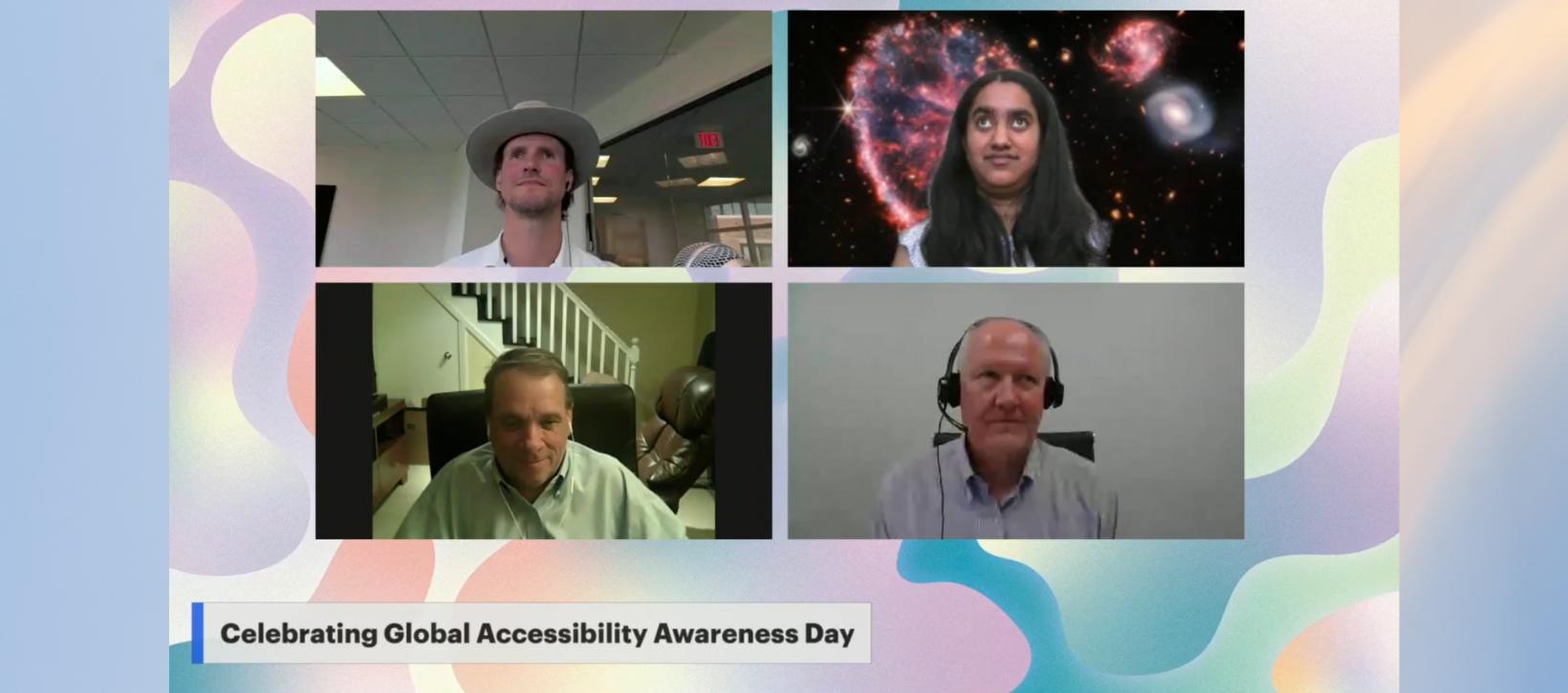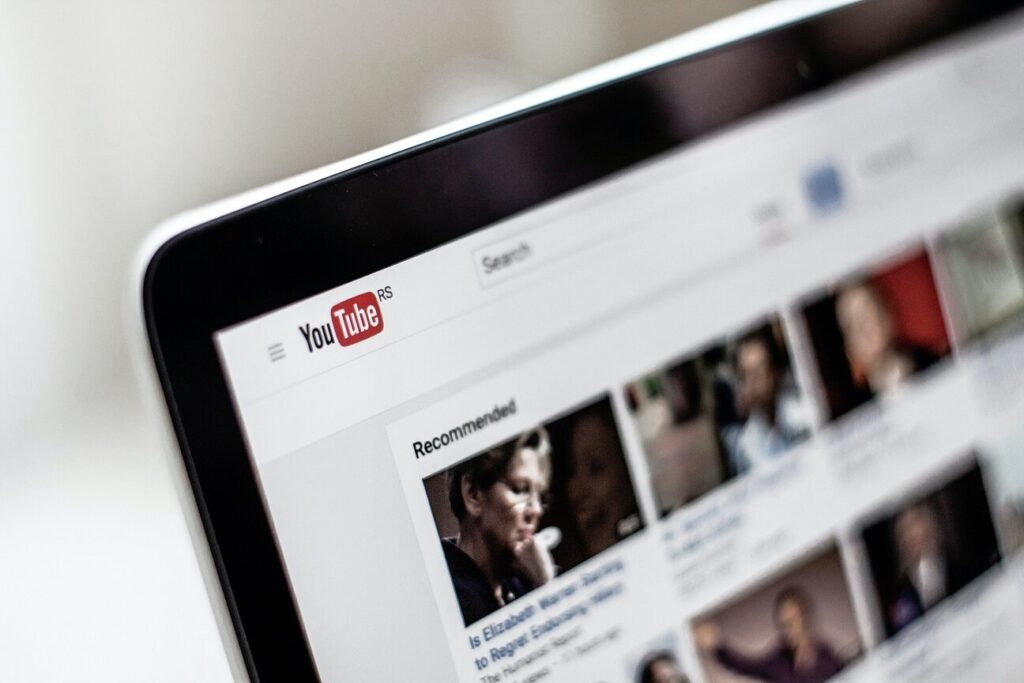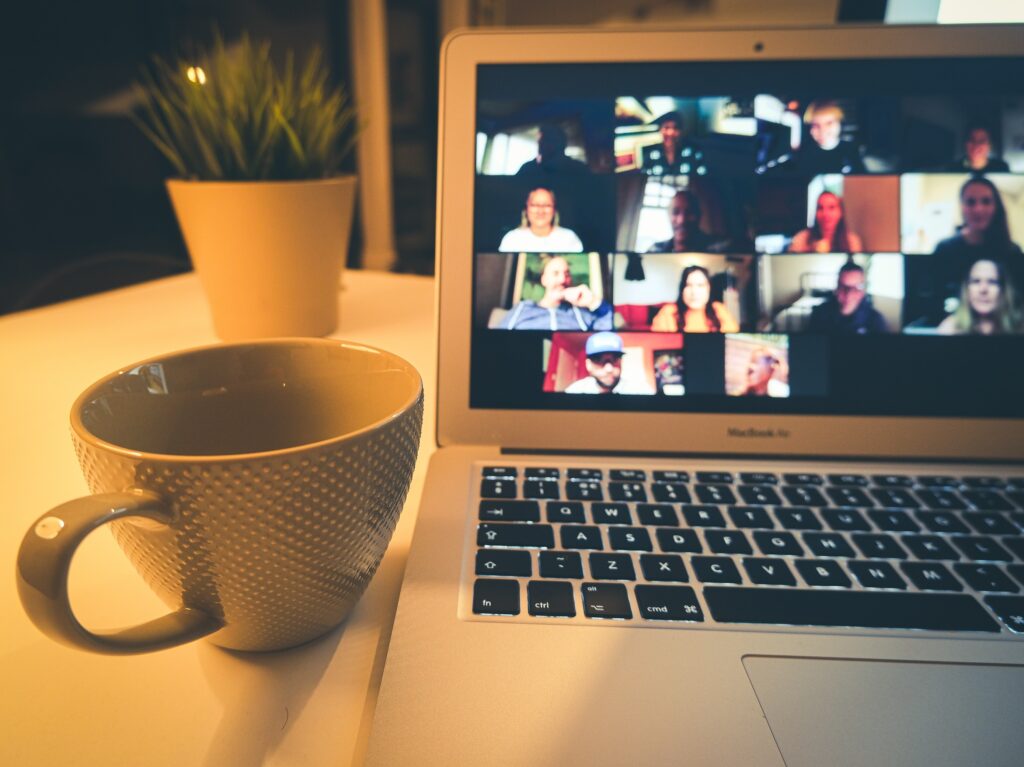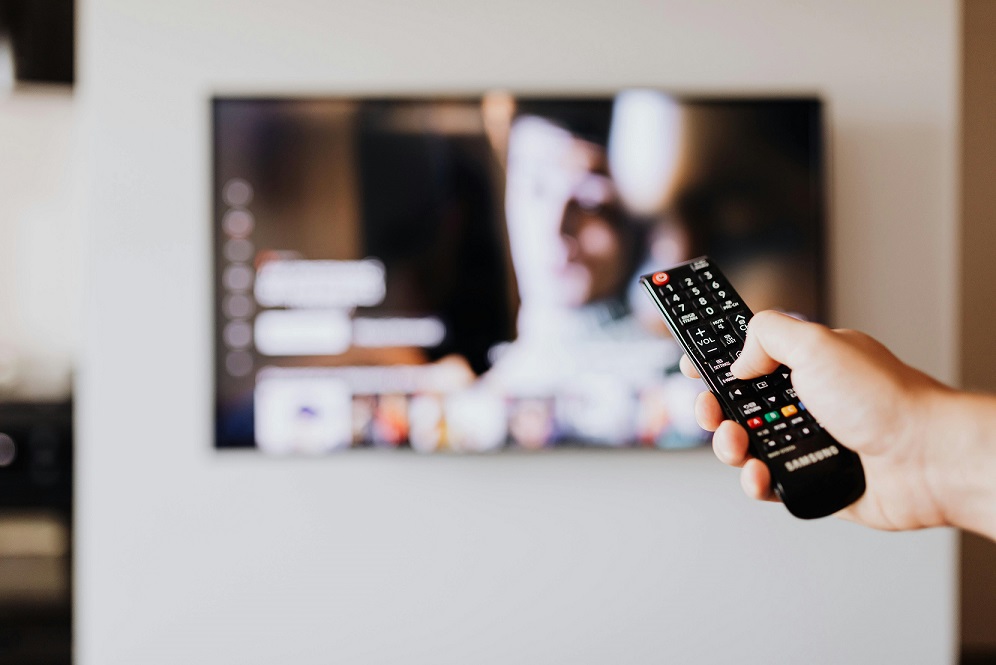Global Accessibility Awareness Day (GAAD) highlights the importance of digital accessibility and inclusion. There are many ways to celebrate the day, and the American Council of the Blind (ACB) celebrated with an ACB Advocacy Update video.
The video featured four panelists discussing what GAAD means to them. The panelists were, in order of appearance on screen from top left to bottom right, Clark Rachfal, Director of Advocacy and Governmental Affairs for the American Council of the Blind, Swatha Nandhakumar, Advocacy and Outreach Specialist for the American Council of the Blind, Carl Richardson, ADA Coordinator/504/Diversity Officer, Co-Chair of the Audio Description Project for the American Council of the Blind, and Dan Spoon, Interim Executive Director for the American Council of the Blind.
VITAC was proud to caption the event which is embedded below and which the American Council of the Blind posted on their YouTube page.
While the panelists all agreed that many strides have been made, each was careful to note that barriers still exist. Rachfal set the tone for the panel discussion by remarking that GAAD was an opportune time for “celebrating the gains that have been made, but know that there is still plenty of work that remains.”
Spoon echoed this sentiment saying that he anticipated a continual need for advocacy as times change and new technologies and ways of communicating emerge.
“I really do believe the next 20 to 30 years, our challenge is going to be not to be left behind as technology continues to move forward, whether it be websites or applications,” he said.
Increased advocacy for continuing accessibility in emerging technologies and applications would also prove instrumental in applying universal design, which Richardson stressed can help ensure accessibility for a wider group of people with disabilities.
“It’s important to think about accessibility in terms of universal design so it works across the spectrum of people with disabilities,” he said. “There’s a wide range of people with disabilities.”
Nandhakumar expanded on that idea, noting that different disabilities may require different access needs, but that no matter a person’s disability, “you still need access to those same things as any other person.”
The event ended with a call from all the panelists to “keep advocating.”




